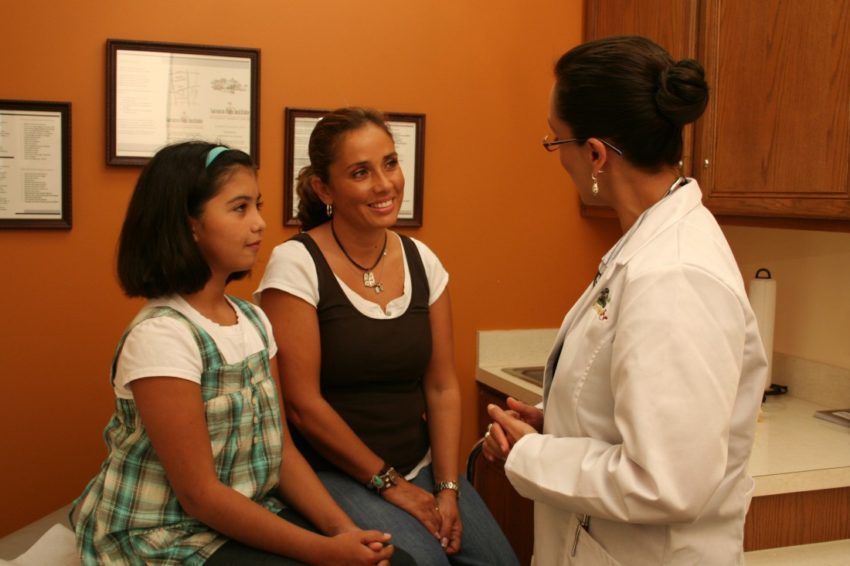How to Prevent Cervical Cancer among Latinos

A vaccine can't prevent disease unless people use it. In Texas, only 39% of girls and 15% of boys ages 13-17 complete the three-dose HPV vaccine for the human papillomavirus (HPV), a common sexually transmitted infection that can cause cervical cancer and other problems. Dr. Deborah Parra-Medina has a plan to change that. Parra-Medina, a Latino health researcher at the Institute for Health Promotion Research at the UT Health Science Center at San Antonio, received a new $1.2 million grant from the Cancer Prevention and Research Institute of Texas to develop an professional education and community outreach program to increase awareness and uptake of the HPV vaccine among young boys and girls in South Texas. She and her team will train local health care providers to deliver accurate ...
Read More
